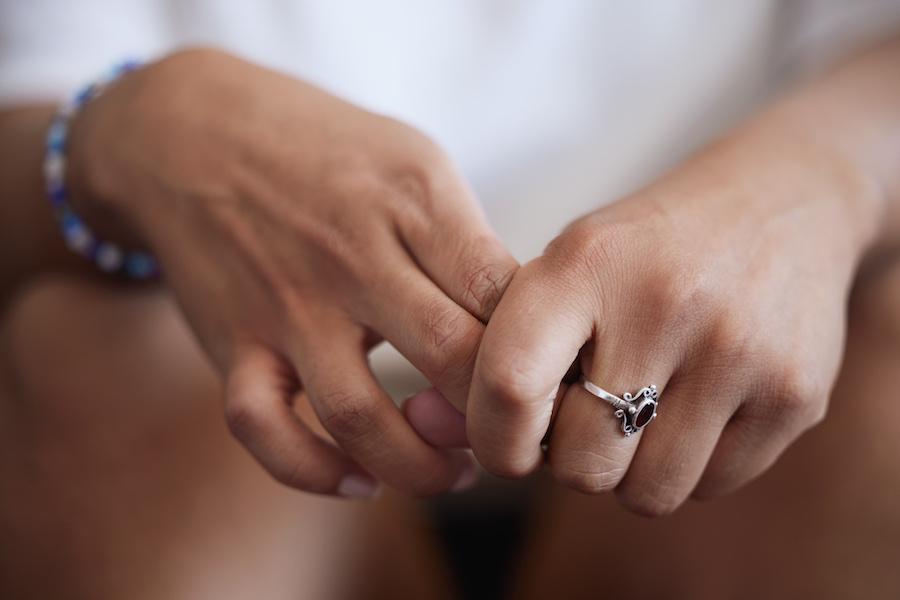Going through a miscarriage is both physically and emotionally challenging. Different individuals react differently and, as a result, may need varying amounts of time to cope with the loss of the expected child. There are no strict rules for processing a miscarriage; however, there are some guidelines that can be helpful to focus on, such as the well-being of the body and the state of mind.
Be mindful of the following
If you experience fever, notice a foul odor or an increase in the amount of bleeding or brownish discharge, or feel pain in the lower part of your abdomen, it may be a sign of infection in the uterus. In such cases, seek medical attention urgently. Infections are usually treated with antibiotics.
Things to avoid after a miscarriage
As long as you are bleeding, your uterus is still in a healing phase, and there is an increased risk of infection. Therefore, it is advisable to avoid:
- Taking baths in tubs, lakes, seas, or pools
- Using tampons
- Having sex without a condom
Experiencing a miscarriage does not diminish your chances of conceiving again. After a miscarriage, the body often adjusts quickly, and it is possible to become pregnant again after a few weeks.
Tips for coping when it feels difficult:
- Talk to someone, whether it's your partner, a friend, or your midwife
- Keep a journal
- Engage in activities you enjoy (to the extent that your body and mind can handle), such as going to a restaurant, treating yourself to a massage, or going on a weekend getaway
Be kind to yourself
Many women who experience a miscarriage may blame themselves. It's important to remember that you cannot cause a miscarriage by stressing, exercising, or lifting heavy objects. You also cannot induce a miscarriage by flying in an airplane. The only thing you can do while expecting a child is to take care of yourself as best as you can; eat nutritious and varied food, exercise, rest when you're tired, avoid smoking, drinking alcohol, or using drugs. Taking extra folic acid can have a protective effect, as it reduces the risk of abnormalities in the embryo. Be cautious with medications and consult with your midwife or doctor if you need to take any medication. Beyond that, you can only try to trust your body to do what it needs to.
It's okay to feel all emotions
For most women, a miscarriage is associated with various emotions, and all feelings are valid. If you feel grief, allow yourself to grieve. The body may also physically mourn after a miscarriage. If you or your partner need counseling support, there is often a counselor connected to the midwifery clinic. Do not hesitate to seek help if needed.
Recurrent miscarriages
If you experience repeated miscarriages, an investigation is usually conducted to determine if there is any cause for the miscarriages and if they can be addressed. If you have had one or more miscarriages before this pregnancy, it is not uncommon to experience increased anxiety that may persist until the child is born, and you can see with your own eyes that everything is fine.
Source
- Ajne, G., Blomberg, M. & Carlsson Y. (2021). Obstetrik. Studentlitteratur.
- 1177.se
